Brussels, Belgium, October 04: European Union leaders will discuss how to reform the 27-nation bloc to take in new members at a summit in Granada on Oct. 5-6, launching a long process to prepare the EU for enlargement by a tentative deadline of 2030.
Below is a list of countries that want to join the EU.
CANDIDATE COUNTRY STATUS
Turkey (candidate since 1999): While still officially a candidate country, Turkey’s accession talks with the EU have long been frozen, largely over human rights and governance concerns. EU entry for the country of 85 million people is currently not part of the political debate.
North Macedonia (candidate since 2005): It has been on a path to the EU since 2003 and has had a Stabilisation and Association Agreement – an individually tailored framework for relations – since 2004. It was given the green light for accession talks in 2020 after changing its name from Macedonia to North Macedonia to satisfy Greek sensitivities. But talks have yet to begin in earnest, due to objections from neighboring Bulgaria.
Montenegro (candidate since 2010): The small Balkan country applied for EU membership in 2008. Accession talks started in 2012 and since then 33 chapters of negotiations – areas in which the candidate needs to emulate EU laws – have been opened and three of those have been provisionally completed.
Serbia (candidate since 2012): The country was identified as a potential candidate in 2003 and has had a Stabilisation and Association Agreement with the EU since 2013. Accession talks started a year later and by now 22 out of a total of 35 chapters of negotiations have been opened and two completed.
Albania (candidate since 2014): The country was identified as a potential candidate in 2003 and applied in 2009 to become an EU member. EU governments granted Albania candidate status in 2014. Accession talks formally began in 2022 after Albania met conditions on changes to the judiciary, fighting corruption and organized crime, intelligence services, and public administration. But its talks have yet to begin in earnest as the EU has coupled Albania’s membership bid to that of North Macedonia, effectively meaning both are held up by Bulgaria.
Moldova (candidate since 2022): The EU has an association agreement with Moldova, including a deep and comprehensive free trade area since 2016. To progress to the start of accession talks, the European Commission asked Moldova to reform its judiciary, curb corruption and organized crime, get rid of oligarchs, reform public administration and finances, involve civil society, and boost the protection of human rights.
Ukraine (candidate since 2022): Kyiv applied for EU membership several days after it was invaded by Russia in February 2022, and was granted candidate status in June of that year.
EU-Ukraine relations go back almost 30 years – the EU signed a Partnership and Cooperation Agreement with Ukraine in 1994 and it entered into force in 1998.
In 2004 Ukraine became an EU priority partner after the “Orange Revolution” against electoral fraud and corruption signalled it was on a path towards integration with the EU.
In 2014, pro-Russian President Viktor Yanukovych refused to sign an association and trade agreement with the EU, sparking the popular Maidan Revolution, which was followed by Russia’s annexation of Crimea. The association and trade deal with the EU came into force in 2017.
Bosnia and Herzegovina (candidate since 2022): The country was identified as a potential candidate in 2003 and has had a Stabilisation and Association Agreement with the EU since 2015. It applied for EU membership in 2016. To start accession talks Bosnia needs to implement 14 priorities set by the Commission in 2019 which focus on democracy and functionality of the state, rule of law, fundamental rights, and public administration reform.
AWAITING CANDIDATE COUNTRY STATUS
Georgia (applied for EU membership in 2022): EU governments said they would grant Georgia candidate status once Tbilisi addresses certain concerns, especially on the rule of law, the independence of courts, and media freedom. Since 2016, the EU and Georgia have had an association deal that covers trade.
Kosovo (applied for EU membership in 2022): Brussels has held out the prospect of an EU perspective for Kosovo since 2005, even before the country’s declaration of independence from Serbia in 2008. However, not all EU countries recognize Kosovo as an independent state. Since 2016, the EU has had a Stabilisation and Association Agreement with Kosovo that serves as a basis for its accession path.
(Reporting by Jan Strupczewski/Reuters)






